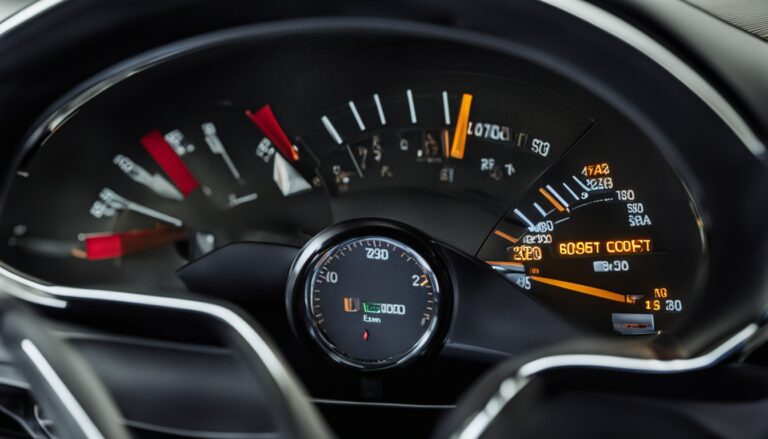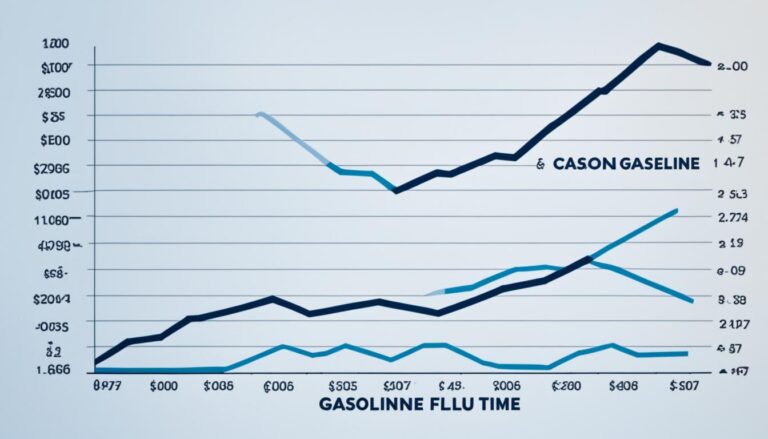Owning and operating a vehicle can come with a variety of costs that go beyond just the initial purchase price. From upfront costs like the vehicle purchase or lease, registration, and taxes, to ongoing expenses such as fuel, maintenance, and insurance, understanding the true cost of car ownership is crucial for making informed financial decisions. In this article, we’ll explore the different expenses associated with vehicle ownership and provide tips to help you budget effectively.
Vehicle ownership can be a significant financial investment, and it’s essential to consider all the costs involved, from the initial purchase to the day-to-day expenses. By being aware of these costs and budgeting accordingly, you can ensure that your vehicle ownership experience is both financially sustainable and enjoyable.
Upfront Costs: Navigating the Initial Investment
Acquiring a vehicle is a significant financial decision, and understanding the upfront costs is crucial for effective budgeting. The two primary options available are purchasing or leasing a vehicle, each with its own set of initial expenses to consider.
Vehicle Purchase or Lease
If you choose to purchase a vehicle, you’ll need to factor in the down payment, sales tax, and any associated fees. The amount of the down payment can vary, but it’s generally recommended to put down at least 20% of the vehicle’s purchase cost to secure favorable financing terms. Additionally, you’ll be responsible for paying sales tax, which can range from 4% to 8% of the vehicle’s price, depending on your state and local laws.
On the other hand, leasing a vehicle typically requires a lower initial investment. The upfront costs for a lease often include the first month’s payment, a security deposit, and any applicable acquisition fees. While the monthly lease payments may be lower than the monthly loan payments for a purchased vehicle, you’ll need to consider the end-of-lease charges, such as excessive wear and tear or mileage overages.
Registration and Taxes
Regardless of whether you purchase or lease a vehicle, you’ll also need to account for registration and taxes. These fees can include license plate fees, annual registration renewals, and any applicable sales or property taxes. The specific costs will depend on your state and local regulations, so it’s important to research the requirements in your area.
| Upfront Cost | Purchase | Lease |
|---|---|---|
| Down Payment | 20% or more of vehicle price | N/A |
| Sales Tax | 4% to 8% of vehicle price | N/A |
| First Month’s Payment | N/A | Required |
| Security Deposit | N/A | Usually required |
| Acquisition Fee | N/A | Usually required |
| Registration Fees | Varies by state/local laws | Varies by state/local laws |
| Taxes | Varies by state/local laws | Varies by state/local laws |

By understanding the upfront costs associated with vehicle acquisition, whether through purchasing or leasing, you can make an informed decision that aligns with your budget and financial goals.
Ongoing Expenses: Budgeting for the Long Haul
As we navigate the world of vehicle ownership, it’s crucial to consider the ongoing expenses that come with it. Fuel costs can fluctuate based on gas prices and our vehicle’s fuel efficiency, so we need to factor that into our budgeting. Regular maintenance, such as oil changes, tire rotations, and brake repairs, are essential to keeping our car running smoothly and efficiently. These car maintenance expenses can add up, but they’re necessary to ensure our vehicle’s longevity.
Additionally, we must account for auto insurance premiums, which can vary depending on our coverage, driving record, and location. And don’t forget about any potential parking or toll fees that may arise as we travel. By anticipating and budgeting for these vehicle operating costs, we can better prepare for the long-term financial responsibilities of car ownership.
Staying on top of these ongoing expenses will help us maintain our vehicle, minimize unexpected costs, and enjoy a smooth and reliable driving experience. With careful planning and budgeting, we can navigate the long haul of vehicle ownership with confidence and peace of mind.



